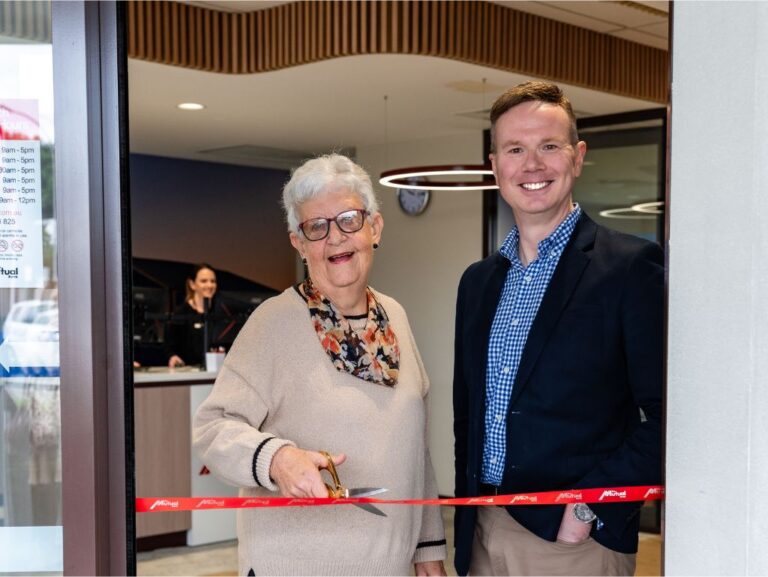A common mistake business partners make is jumping into business before really getting to know each other. We look at other things to consider.
From our years dealing with medical professionals, we’ve noticed a few unique characteristics in those who run themselves as practitioners as well run their own businesses.
And as financial advisers, one question we are often asked is; will starting a business with a partner destabilise my finances down the track? Or will it enable us to grow a practice further than if I was managing alone?
Unfortunately, the answer is it depends!
But while there are significant financial gains from bringing on a business partner – whether you’re a medical worker or in any other profession – it’s worth asking yourself some questions before you dive in.
Do you share the same values and goals?
One of the most attractive elements of a business partnership, is tapping into another person’s strengths, particularly if they complement your own.
But for a partnership to succeed over time, you need to be similar where it counts: things like your values, work ethic and business aims need to align.
It’s worth having a frank discussion about how you might handle a range of hypothetical situations, should the instance arrive. Talk to each other and talk to their friends and family.
Particularly in the world of medicine, it pays to understand what your partner’s knee-jerk reaction to some scenarios.
Consider things like, what if a spouse or another friend wants to join the business? What happens if someone acts unethically? What if one partner wants to move out of the country?
Make a partnership agreement
If you’ve decided to start a business partnership, create a partnership agreement with help from an accountant and lawyer.
We can’t stress this enough, no matter how friendly or strong your personal connection, get an agreement in writing that covers three critical areas: compensation, exit clauses and roles and responsibilities.
Make sure you outline who owns what percentage of the business, who is investing what and where the money is coming from.
When you’re in the middle of running a busy practice, for example, and something unexpected pops up (which is invariably will) having a written agreement, signed by both parties, will enable you to sort things out quickly.
Of course, not all partnerships set up a 50 per cent split, with both contributing the same initial investment for equal ownership. Some partners might contribute more money if the other has contacts or expertise that might be useful. But remember, businesses evolve and change, so adjust compensation as circumstances shift.
As busy professionals, having a partner can be of enormous financial gain and offer great support and comfort during difficult times. But in order to achieve a true level of comradery and success, it is critical that you address each other as individuals and speak as frankly as you can.





